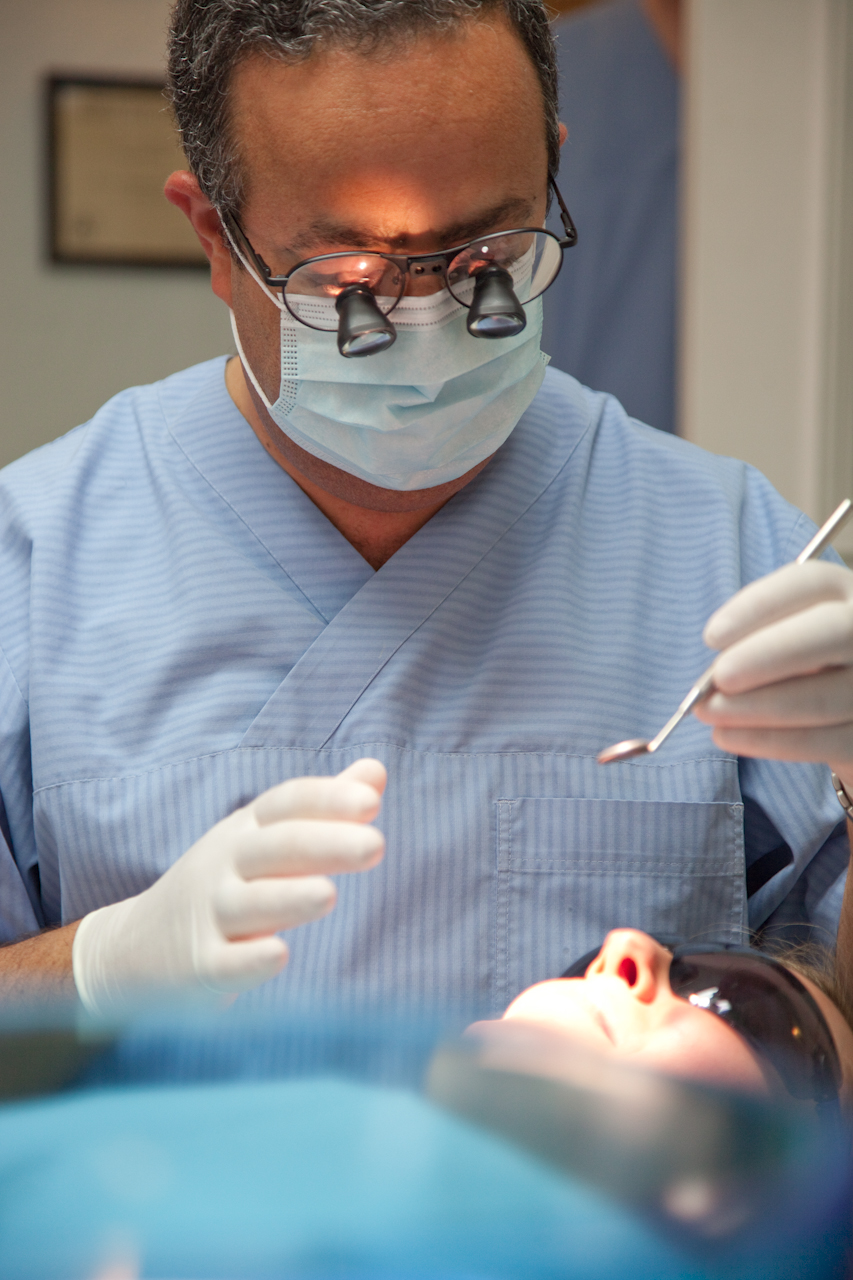 BBC News
BBC NewsBorrowing was £17.4bn last month, the second highest October figure since monthly records began in 1993.

By Professor Andrew Eder
We are most certainly living in unprecedented times and many will have read in the national press about medical conditions being left undiagnosed or treatments being delayed as a direct result of Covid-19. This is especially true of mouth cancers and it is, therefore, entirely appropriate that we promote mouth cancer awareness alongside the highly regarded Oral Health Foundation (www.dentalhealth.org).
According to the Foundation, 8,722 people in the United Kingdom were diagnosed with mouth cancer last year. Equivalent to someone being diagnosed every hour of every day, this puts mouth cancer as the 15th most common cancer in the UK with the majority of these cancers being associated with the lips, tongue or soft tissues inside the mouth. Two-thirds of all new cases are seen in men with over three quarters being in those over the age of 55.
Interestingly, lifestyle factors are key to the development of mouth cancers with long-term tobacco use and high levels of alcohol consumption being amongst the most likely causes. Alongside this, there is a strong research focus into the sexually transmitted human-papilloma virus as being another major causative factor. Some also make reference to a poor diet or rough teeth being linked to mouth cancer but the evidence is weaker and genetics or a suppressed immune system may have a stronger role.
In contrast to so many other medical conditions, we tend to approach our doctors with a problem and ask for their opinion or advice. The same may be true for mouth cancers where we are aware of a change in our mouth and we consult our doctor or dentist. However, it can be so very different for most mouth cancers in that we may not be aware of a change and see our dentist for a check-up every six or 12 months and a key feature of this regular check-up is that it should also include a mouth cancer check.
As part of this regular check-up, and having looked at your teeth, any restorations and your gums to check that all is fine, your dentist may then turn their attention to checking your lips, tongue and all the soft tissues inside your mouth for any changes such as an ulcer that has not healed, a new lump or swelling, or a red or white patch. Should such a problem be identified, this might be reviewed for a few days or referral to a specialist colleague may be suggested for possible imaging and, sometimes, even a biopsy to take a more detailed look at the soft tissues.
More often than not, it is absolutely nothing and all heals well. However, on the rare occasion where a problem is identified, the earlier a diagnosis is made the better and subsequent treatment might involve a number of specialists in different fields and one or more of chemotherapy, radiotherapy and surgery may be required. If any teeth are involved and need to be removed, these may need to be replaced to re-establish one’s appearance on smiling and the ability to chew. If you, a family member or someone you know has mouth cancer, specialised counsellors and therapists are available to help and support the whole family.
The take home message from this article is a really strong but reassuring one: visit your dentist regularly, it’s about so much more than just your teeth and gums – and with an early mouth cancer diagnosis, treatment can be very effective with little in the way of long-term health problems. To put things into perspective, over thirty years in clinical practice, I have identified three such mouth cancers early at routine check-up and all three patients are doing absolutely fine many years on. Your dentist and your dental practice are safe – do not let Covid-19 interfere with your general health and well-being!
Professor Andrew Eder is a Finito mentor. He is Emeritus Professor and Consultant in Restorative Dentistry at the UCL Eastman Dental Institute. Professor Eder is also a Specialist in Restorative Dentistry and Prosthodontics and Clinical Director of Specialist Dental Care, a specialist referral practice in central London. For more information, please visit www.restorative-dentistry.co.uk, email andreweder@restorative-dentistry.co.ukor call 020 7486 7180.
Also, please put the following into a box to highlight the advice in the article: